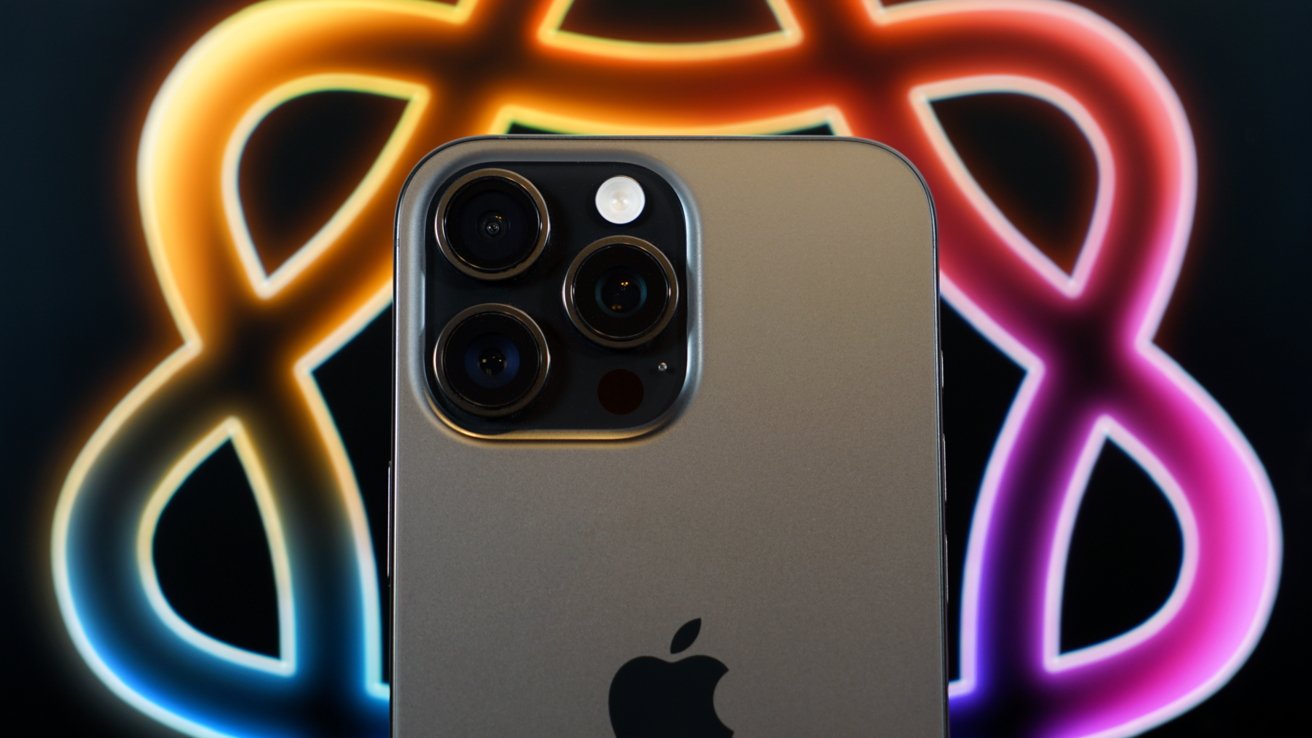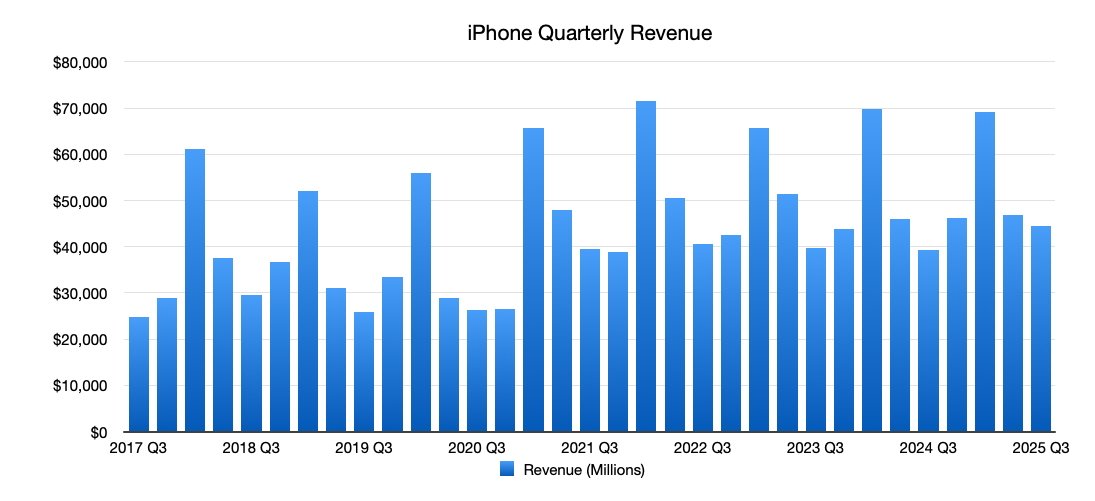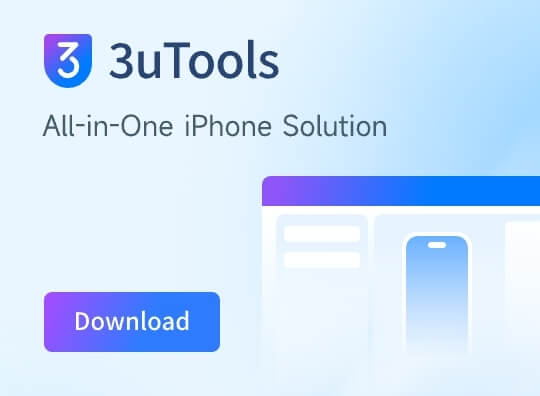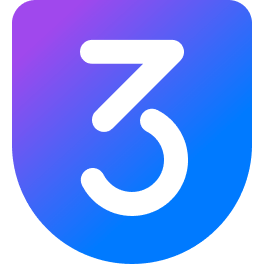Apple Has Sold 3 billion iPhones Since 2007
08/01/2025
1025

Apple CEO Tim Cook shared that the iPhone has hit another milestone during the third fiscal quarter of 2025 — 3 billion sold. Apple Intelligence will be what takes the iPhone to 4 billion.
The iPhone is the most popular consumer electronic device to ever exist, but even so, it takes quite a while to sell a billion units. However, as Apple grows and markets evolve, each billion is coming faster for the iPhone.
During the earnings call, CEO Tim Cook revealed that Apple has sold its 3 billionth iPhone during the third fiscal quarter. It took a little less than four years to reach 3 billion from 2 billion, which was hit in September 2021.
The leap from 1 billion to 2 billion took even longer. Apple first hit 1 billion iPhones sold in July 2016.
So, Apple's iPhone sales have accelerated greatly in the past decade and could mean 4 billion being reached in under three years. It seems, at least according to Tim Cook, that Apple Intelligence might help drive that next billion.
18 years of iPhone
The world has changed quite a bit since the original iPhone was revealed in 2007. That first billion in sales took nearly a decade since smartphones were only just breaking out at the start, and iPhone wasn't the global product it is today.
There were two inflection points in that first decade — the iPhone 4 and iPhone 6. The iPhone 4 proved hugely popular due to its new design and wider carrier availability, and iPhone 6 blew up because of its entry into the "phablet" size class.
The second billion and incredible acceleration to half the time, about five years, can be attributed to Apple's increased popularity in China and other emerging markets. The iPhone's increasing reliance on machine learning and evolving industrial design made it a very attractive platform.
Plus, Apple's commitment to privacy and security in those particularly trying times helped elevate the brand.

It was more of the same for the third billion, as Apple's brand took hold even in markets it previously struggled in, like Samsung's home base of South Korea. More powerful cameras, more advances in iOS customization and social features, and a bigger price ladder allowed more people than ever to own an iPhone.
Source: Appleinsider












